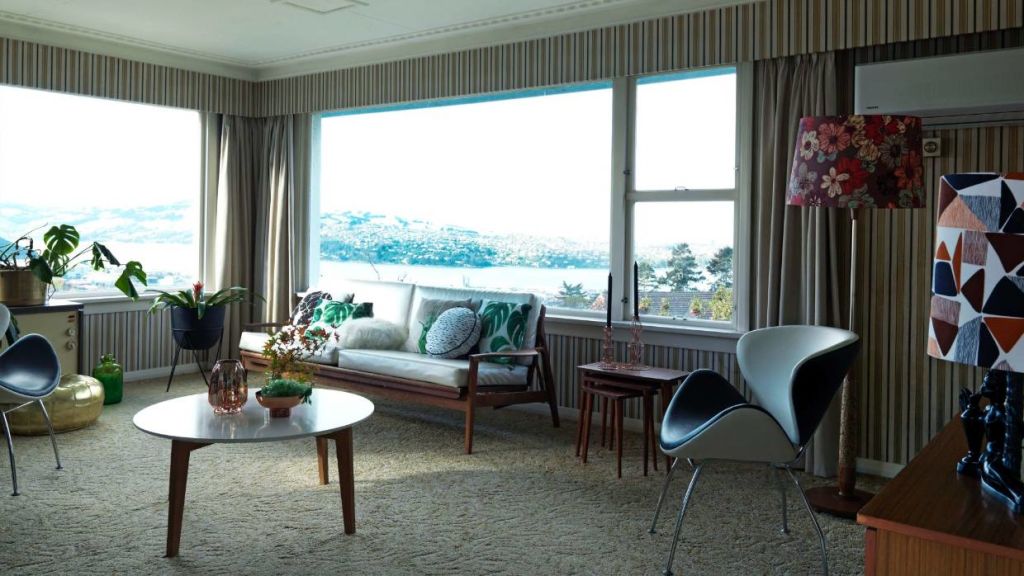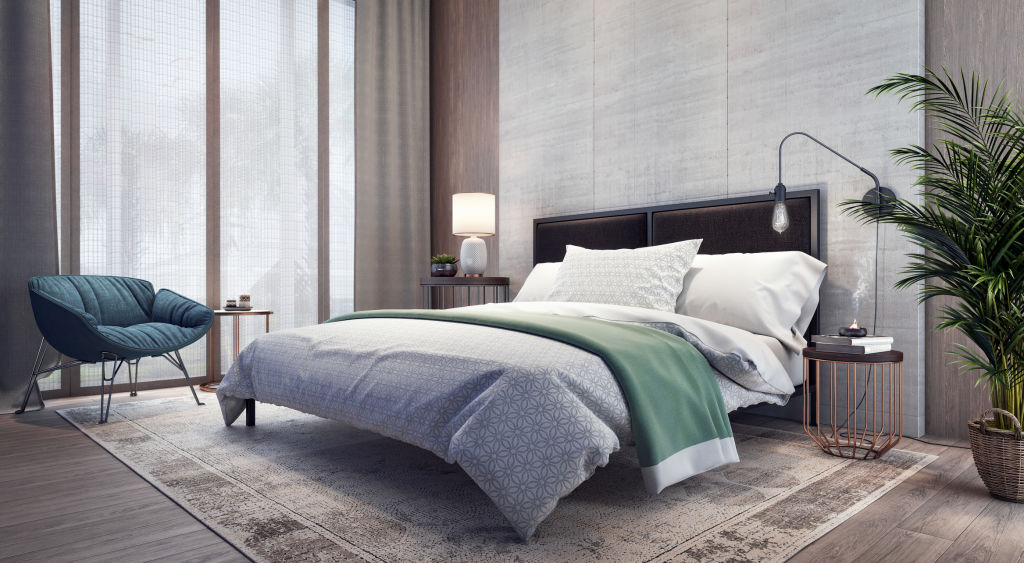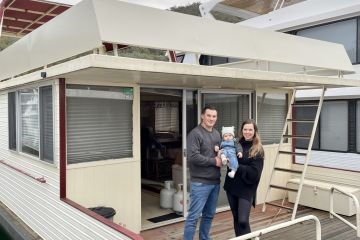Why vegan interior style could be the next big thing

In late 2018, The Economist magazine claimed that 2019 would be the year of the vegan. Most people think veganism is about choosing what we put on our plates, but the cruelty-free movement goes well beyond that.
Veganism is coming out of the kitchen and extending to how we choose to decorate our homes and live our wider lives in a more ethical and environmentally friendly way. As a movement, it’s set to be big. Very big.
Making the commitment to a cruelty-free interior can seem an overwhelming task at first — researching every detail about the products you are purchasing — but there are tools to help you. Sascha Camilli’s book Vegan Style, released this month, is something of a bible for all things stylish and vegan. It encompasses everything from fashion and beauty to travel. The book includes places to source high-end luxury products such as those made by Weaver Green – which takes plastic waste and turn it into wool-free cushions, bags and rugs.
Then there are all the influencers and bloggers out there, steering us in an ethical direction. Try Molly Tranchin, aka FashionVeggie, who was the winner of PETA’s most stylish vegan home in 2017.
You can begin making the transition by swapping wool for cotton, bamboo or linen.
Fur is another animal-derived material that is easily swapped out now. The real version can tend to be costly, but many cruelty-free options are so good you wouldn’t even know it’s not the real thing. If it’s not first-hand faux fur you are after, try hitting up some second-hand stores for the real deal without fresh environmental impact.
The same goes for leather: it’s not uncommon for vegans to wear faux leather on their feet and now that extends past fashion and into homes, where it’s easily swapped for canvas, vinyl or fabric.

James Daniels, design director at Auckland-based furniture store Mood, says the vegan leather range is the most popular fabric choice for its sofas.
“It is an ethical and economical choice over animal products. We do believe it’s a trend and support the rise of lower impact and sustainable products which is why we promote the use of vegan products, from kitchens to furniture,” he says.
Warwick Fabrics’ design manager Meg Sinclair says there is a growing global interest in options other than animal-based products and one that the company has noticed a demand for.
“Eastwood is a product that fits the bill. It is suitable for interior and upholstery applications, and emulates the texture and look of leather without the use of animal products,” she says.
We recommend
We thought you might like
States
Capital Cities
Capital Cities - Rentals
Popular Areas
Allhomes
More







